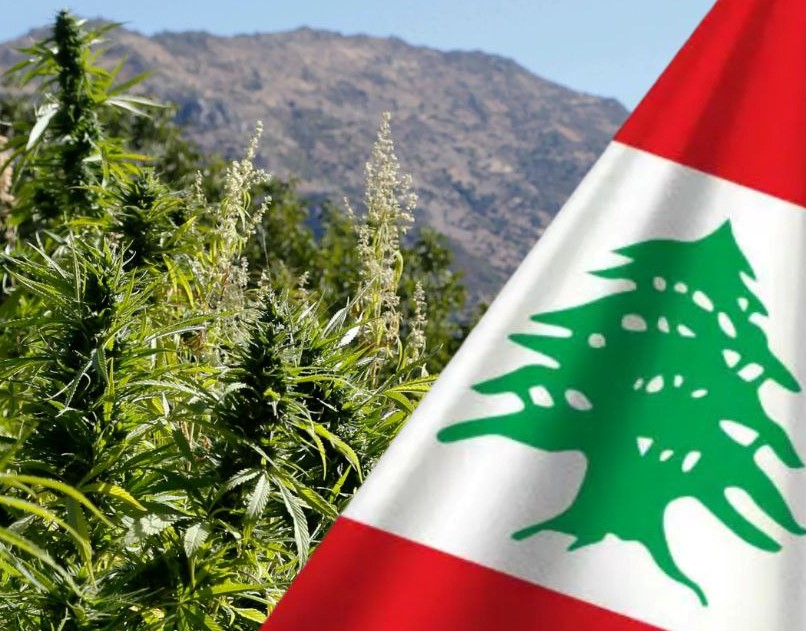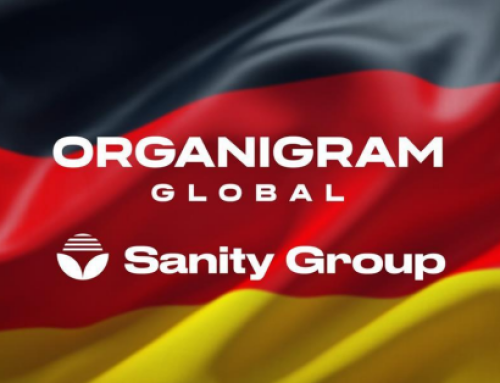Lebanon Legalizes Cannabis, Forms Oversight Body, Targeting $1B in Annual Revenue
BEIRUT – In a significant step forward in leveraging its Cannabis sector for economic relief, the Lebanese government established a dedicated committee to regulate the cultivation and sales of Cannabis under a long-dormant 2020 law. The move could channel up to $1 billion yearly into the state treasury, according to projections from McKinsey & Company.
The Cannabis Cultivation Management Committee, headed by Dani Fadel, will supervise production for medical and pharmaceutical uses, linking farmers directly to domestic and global buyers. This addresses a key barrier that has kept the 2020 legislation [Law 178, which permitted limited growing for non-recreational purposes] mostly on paper. Security operations over the past five years had driven illicit cultivation underground, leaving growers in regions like Hermel exposed to raids and black-market dependence. Fadel emphasized the shift in an interview with Al Jazeera, stating the panel aims to secure “fair market prices” for harvests sold to pharmaceutical firms, bypassing traffickers.
Agriculture Minister Abbas Hajj Hassan, who oversees the initiative, described it as a pragmatic response to Lebanon’s fiscal woes, where public debt exceeds 150% of GDP. Cannabis, long dubbed “green gold” in Bekaa Valley fields, offers a low-cost alternative to traditional crops like apples, with yields far outpacing export staples. A 2020 parliamentary analysis pegged potential returns at $1 billion from regulated medical exports alone, though broader estimates from Minister Nizar Hani in May suggested $1 billion to $3 billion if industrial hemp joins the mix. For context, that rivals Lebanon’s total 2024 tax collections.
Yet hurdles persist. Hezbollah’s historical opposition to the 2020 bill lingers, and political gridlock, exacerbated by the ongoing presidential vacuum, could stall funding for infrastructure like processing labs. Farmers, many facing arrest warrants for past activities, await amnesty provisions to reenter the formal economy.
From a sector perspective, this positions Lebanon as a Middle East outlier in Cannabis reform, potentially unlocking supply chains for Europe’s booming medical market. Early revenue streams may prioritize exports to compliant neighbors, but scaling domestic R&D could foster jobs in extraction and testing, vital in a country where unemployment tops 30%. Success here depends on swift decrees and cross-sect buy-in, turning a crop once synonymous with stigma into a ledger-line asset.




































